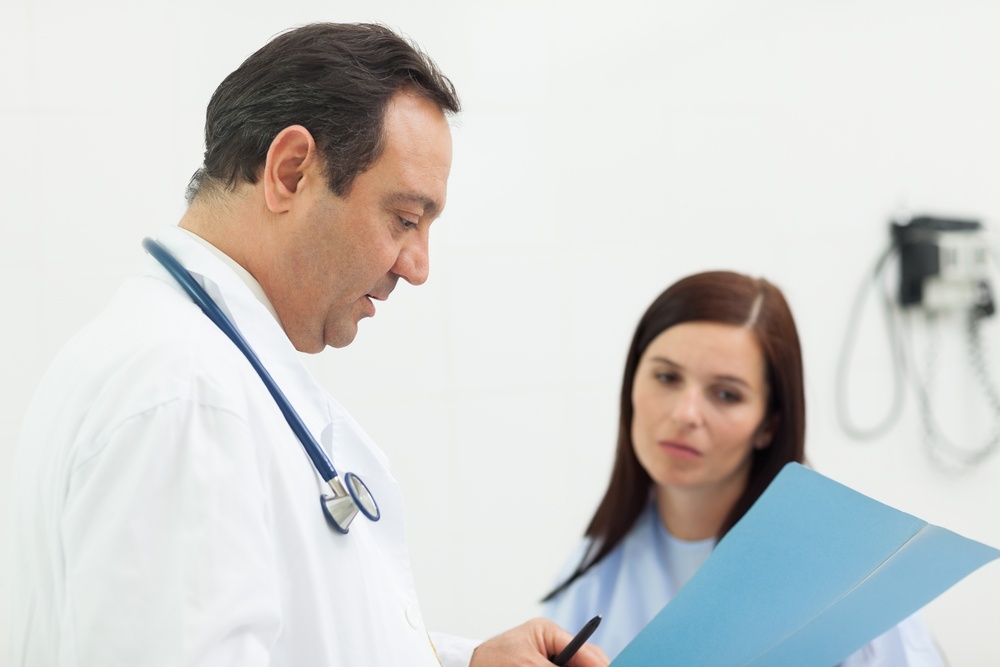
The National Institutes of Health estimates that 60% of people suffer from some type of vein disorder. There’s been considerable interest in new techniques for treating varicose veins, claiming major advantages over conventional surgery, may have changed care.
If you had a mother or grandmother treated for varicose veins and thought the treatment sounded worse than the disease, take heart. Times have changed. The main aim is to reduce operative trauma and bruising associated with the older “stripping” techniques, leading to less pain and quicker post-operative recovery.
At the Vein Institute of NJ, we make it our business to be current with the latest approved techniques. As most of our doctors are still involved in teaching environments, we are able to stay on the forefront of new medical procedures. Once we are convinced of the capabilities and safety of “new techniques,” we bring them to you.
New Advancements in Vein Treatment
The use of duplex ultrasound to look at the circulatory system of the leg has provided tremendous advantages. A doctor can actually listen and see blood flow in the leg with a non-invasive, non-radiation Doppler device and determine which veins are affected. Knowing the condition of the exact vein affected can help determine which treatment to use and reduce the need for more invasive procedures.

In the old days, (squeamish alert) a flexible rod was inserted into the vein at the groin or ankle level, passed through the vein and taken out the other end, where a cap was screwed on. The rod was then pulled back through the leg, stripping the vein out through the initial incision. With the vein gone, the deeper system of veins took over and the wormy mass was no longer visible.
No More Vein Stripping
Stripping is rarely performed anymore. Vein stripping had been the mainstay for the treatment of varicose veins for years. However, in recent years it has seen a decline being replaced by the less invasive laser or radio frequency ablations and microphlebectomies offered at the Vein Institute of New Jersey treatment centers. They are performed under local anesthesia. The trend has been to move away from the hospital setting and away from general anesthesia, when possible.
Currently, a thin catheter may be inserted into the affected vein and the inside of the vein, heated by radio waves, which shrinks the tough collagen in the vessel wall causing it to collapse. Anesthetic is injected first to make the procedure painless. Scarring is almost undetectable, although there may be some bruising and the vein may take up to eight weeks to re-absorb.
Lasers are also used in treating varicose veins by sending bursts of concentrated light into the vein, collapsing it. Another, even newer technique is called foam sclerotherapy. An agent, such as a detergent or emulsifier, is agitated with air, forming a foam consistency . The foam is then injected into the problematic vein, gradually causing the walls to swell and stick together, blocking off the vein. The deeper venous systems take over the blood flow.
Vein Issue Prevention
The best way to prevent varicose veins if they are in your family is to not stand for long periods. Other tips include:
- Avoid sitting with your legs crossed, it puts much pressure on the veins.
- Elevate your legs when resting. This applies especially to pregnant women.
- If you're on a long flight, flex your calf muscles every 60-120 minutes. This goes for sitting at the computer, too.
- Exercise regularly by walking frequently or having a low impact workout at the gym
- The dreaded support hose. Recommended for anyone with vein issues or for people who have had a procedure done. Also, some insurance carriers require the use of compression stockings prior to approving any vein treatments.
Looking for more information on the latest techniques? Contact one of our board-certified vascular physicians today.
Learn more about Dr. Daniel Fremed



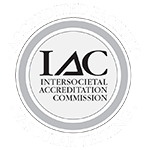
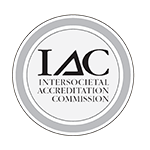
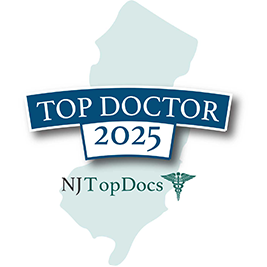
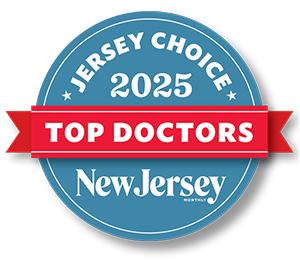
_2.jpg)